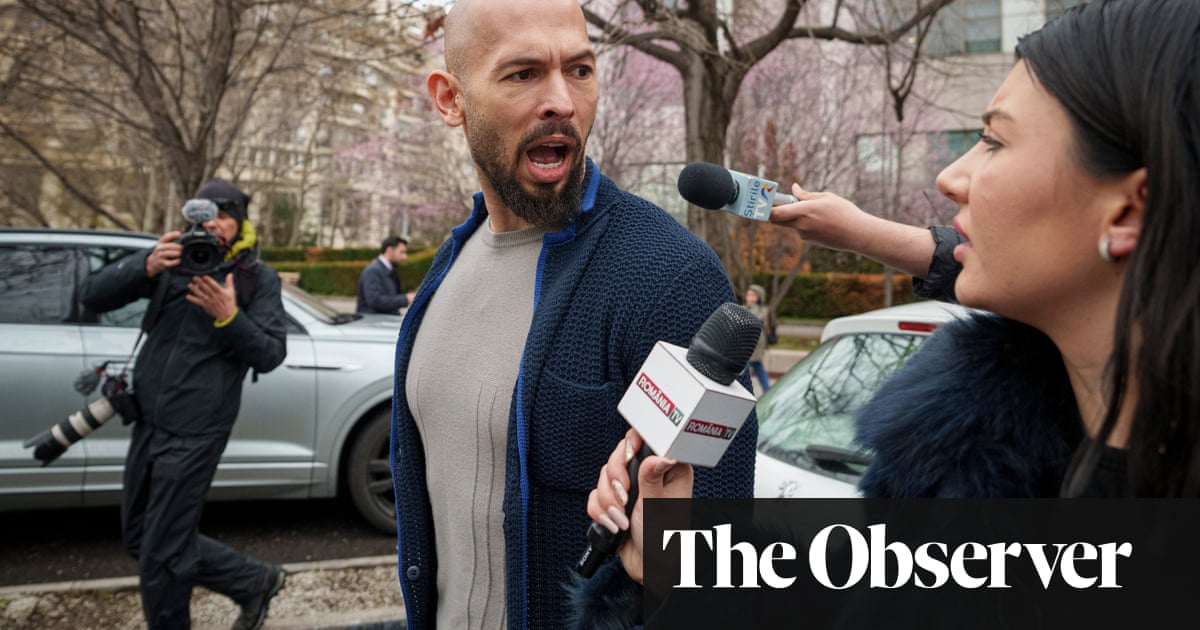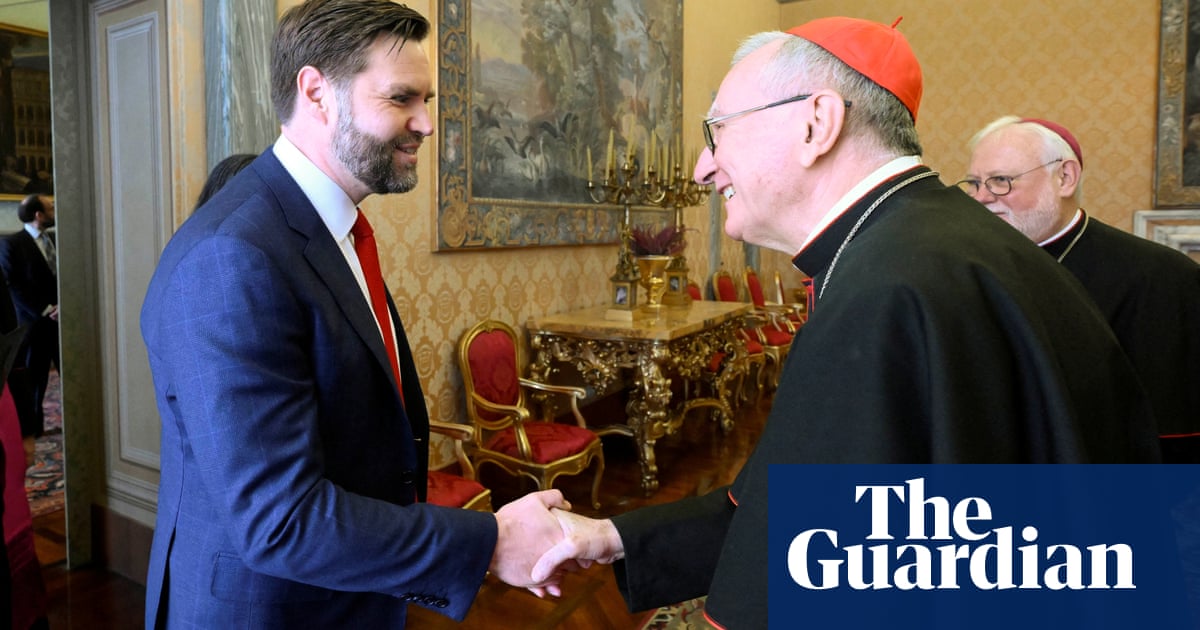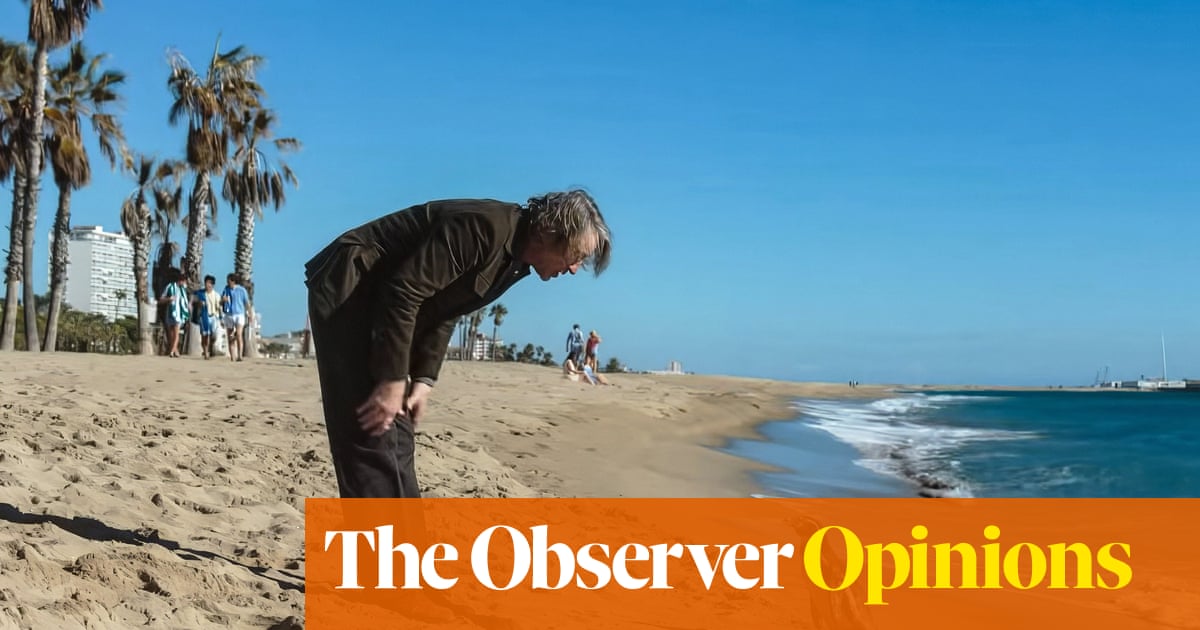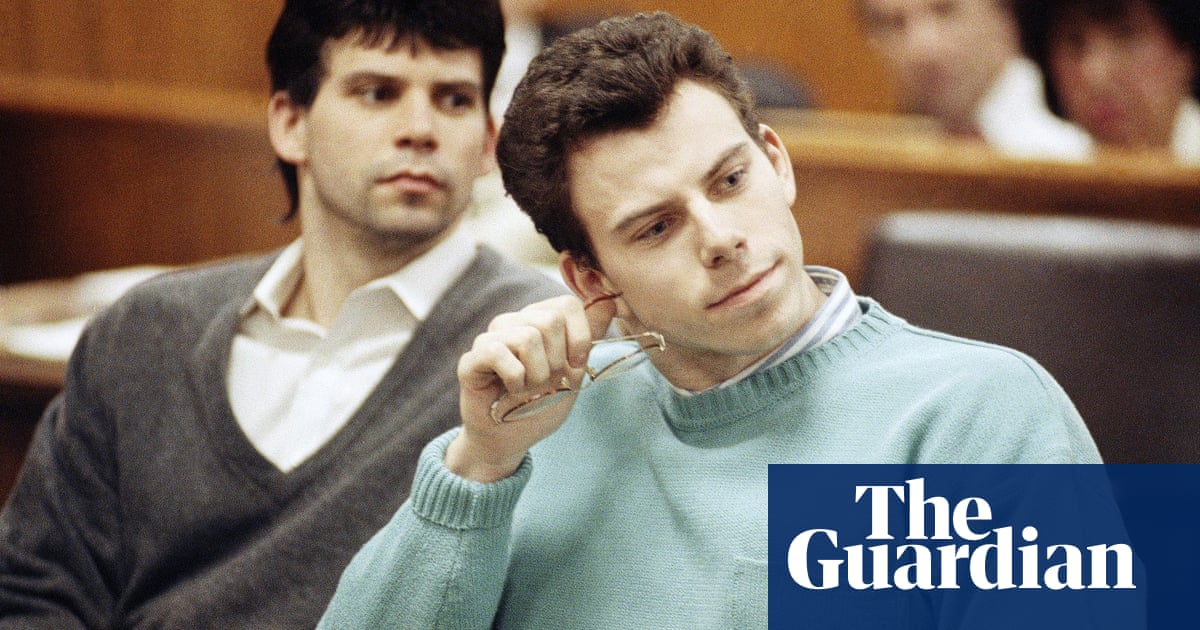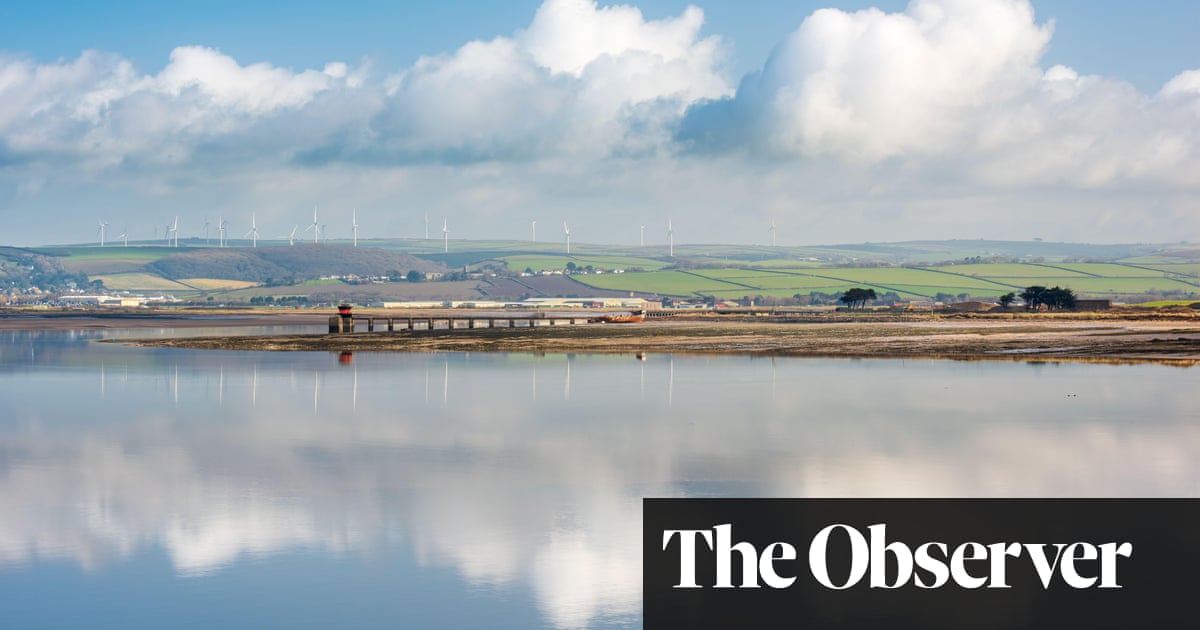Though Jimmy Carter was, at the age of 100, the US president who had lived longer than any of the other 45 occupants of the office, he will be remembered for a more important reason. He is, and will be, mourned in every country and continent where civil liberties are valued and peace has proved elusive; revered as the leader who stood with all those who faced imprisonment, torture or persecution for defending democracy and human rights. Carter gave oppressed people hope. I was proud to learn from him and to count him and his wonderful wife, Rosalynn – who was also his closest adviser – as friends.
How to assess such a life? History will probably see Carter’s second act – his work as a former president – as more momentous than his four years in the Oval Office, from 1977 to 1981. In office, despite his negotiation of the landmark peace deal between Israel and Egypt, he was engulfed by intractable problems – the first oil shock, rampant inflation that was to reach 14% in 1980 – and, with the rise of a militant Iran, the destabilisation of the Middle East, problems that condemned him to a one-term presidency.
But that presidency was the prelude to something else: five decades of public service in support of some of the most challenging of causes. James Laney, the renowned academic and diplomat, may have got near to the truth when he wrote that Carter was the only president who had used the White House as a stepping stone.
Championing democratic rights everywhere and in doing so, teaching the world that wealth and power mattered less than the opportunity to serve, the nearly 44 years of his post-presidential life and his unimpeachable integrity made him a beacon for moral leadership.
It could have been different. He was only 56 when he lost the presidency to Ronald Reagan. Some former presidents have turned to making money. Others have simply moved on from politics. Others still have gone on to different kinds of jobs in government. John Quincy Adams went from his presidency, which terminated in 1829, to serve nine consecutive terms as a congressman in the House of Representatives from 1831 to his death in 1848. William Taft, who ended his presidency in 1913, became chief justice and head of the supreme court in 1921 after serving as a law professor at Yale University. Others have also turned to education, as did Thomas Jefferson, who was president from 1801 to 1809 and then went on to found the University of Virginia. Some have returned to their previous jobs.
All holders of great offices face a dilemma once they relinquish them. What next? How should they make best use of who they are and what they have learned. But while Carter retired to his home town of Plains in Georgia, he was never likely to go back to peanut farming
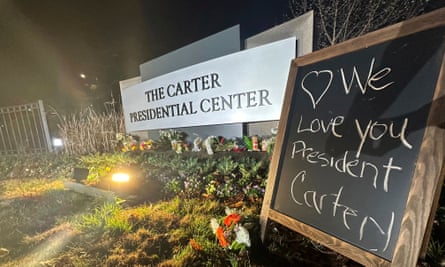
Instead, Carter embarked on his remarkable 43 years of post-presidential public service on the world stage and – with the exception of Herbert Hoover, who was kicked out of the White House in 1932 but engaged in humanitarian relief before, during and after the second world war – none has done as much in the charitable sector as him.
His reputation as a humanitarian was built not just on his philanthropy but on his willingness to travel, as long as he was physically able to do so, to places where his leadership was needed. And it was for these endeavours that he became known as the president of peace, winning 2002’s Nobel peace prize.
But much of his greatness lay in an understanding that if he were to advance human rights in a meaningful way, he had to promote social and economic rights as well as civil and political rights. Think of his work with Habitat for Humanity, helping build with his own hands affordable homes for people in some of the world’s poorest neighbourhoods. He was an environmentalist before the word was known. Consider the laborious effort he led to eradicate the life-destroying Guinea worm disease, seeing it decline from 3.5m cases in 1986 in 21 countries of Africa and Asia to a mere 14 in 2023. He stood up for women’s rights, writing A Call to Action: Women, Religion, Violence, and Power.
Consider how much he was widely respected in Latin America, not least because he monitored Panama’s difficult election of 1989 and was prepared to stand on a platform in the middle of the capital’s national square to call out the fraud perpetrated by the authoritarian and violent Noriega regime. He went to the national counting centre to confront officials reading falsified tally sheets: Carter famously shouted at them in Spanish, “Are you honest men, or are you thieves?” Later that evening, Carter called a press conference to declare, “This election is fraudulent. The will of the Panamanian people has been robbed.” From then on, the Carter Center, now in its fifth decade, monitored elections worldwide.
This was a man who wrote 32 books, with subjects ranging from his love of fishing to his personal Christian faith. As a progressive evangelical – a trait currently out of fashion in the US – he regularly taught bible classes to young people on a Sunday, and it was because of his faith that he would never allow his time in office to become a platform for private gain. Indeed, every time my wife Sarah and I met him and Rosalynn, I was struck by how modestly they lived and how humble they both were, praising everyone but themselves and playing down their own contribution to the public arena. That was perhaps the secret that explains the affection the world had for them. They treated everyone equally, never condescending to anyone, but subservient to no one.
Nothing in his early years marked Carter out as a likely presidential candidate. Having been governor of a southern state, Georgia, for just four short years, where he was known for fighting segregation and racism, he was an improbable candidate for US president. Perhaps because he knew little of Washington, he was unprepared for and overly naive about the demands of a presidency won on a post-Watergate, anti-corruption ticket.
Even after he became governor of Georgia, few thought of him as a president in waiting. In the 1970s – just before his run in the Democratic primaries of 1975 and 1976 – he told his mother, “Mama, I’m going to run for president.” “President of what?” was her reply.
A US president he became, but in the years that followed, in so many ways he set a new standard, redefining perhaps how we can and should think about achievement. Today, and on 9 January – earmarked by Joe Biden as a national day of mourning – we will remember a life of service and a moral compass: things that will be celebrated long after the lives of many other presidents are forgotten.
-
Gordon Brown was UK prime minister from 2007 to 2010

 3 months ago
90
3 months ago
90





